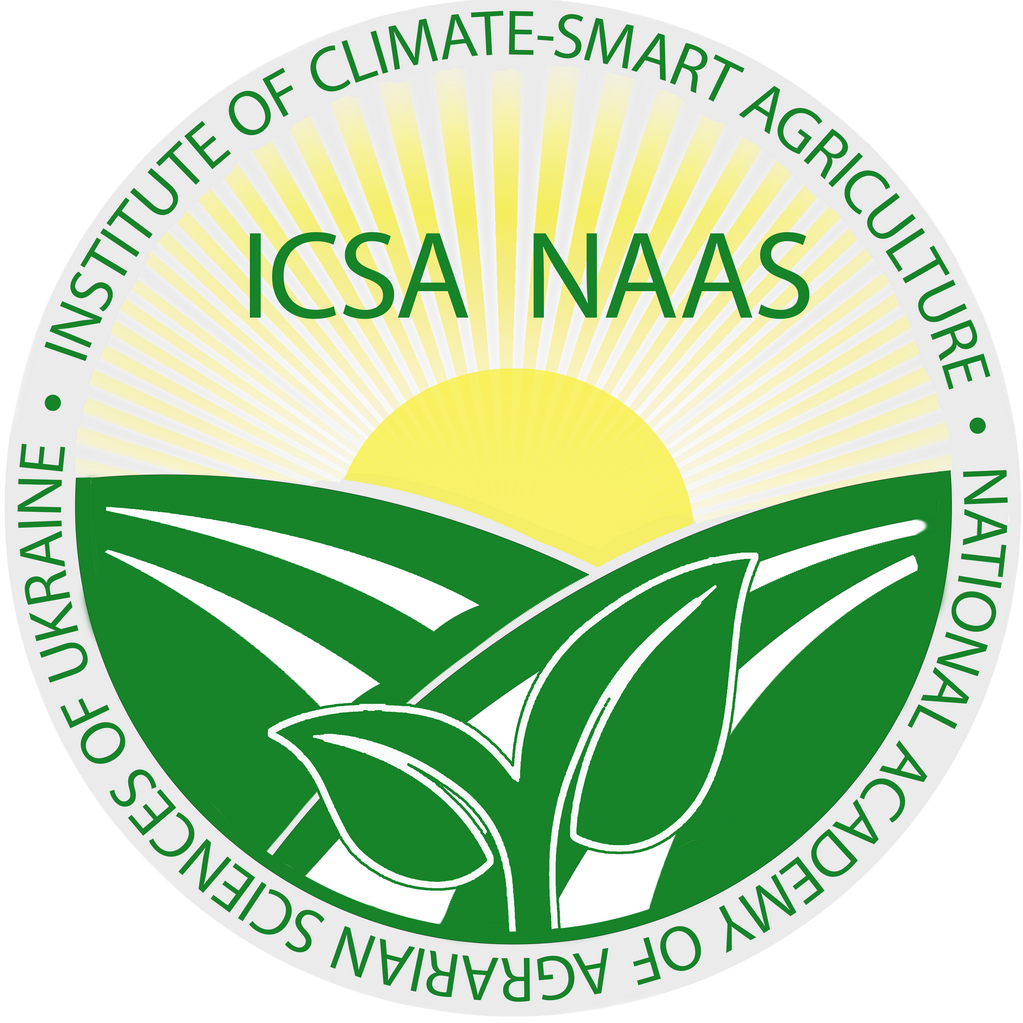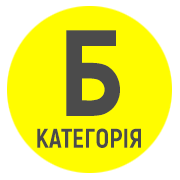Evaluation of the suitability of wastewater for crop irrigation
Abstract
Purpose. To evaluate the suitability of wastewaterfor crop irrigation by agronomic criteria. Methods. Thesuitability of surface sewage effluents for crop irrigation byagronomic criteria was established according to the StateStandard 2730:2015 “Environmental protection. Qualityof natural water for irrigation. Agronomic criteria”. Thepossibility of enlarging irrigation areas was determined by the method of calculating resource-saving regimes forcrop irrigation. Evaluation of the suitability of wastewaterfor irrigation considered the threat level of the developmentof destructive processes on irrigated soils, by the indexesof soil salinity by the sum of toxic salts; soil alkalization bygeneral and toxic alkalinity; soil salinization by the ratioof the content of alkaline sodium and potassium cationsand the sum of all the cations. Research results. Theresearch made it possible to establish that unfavorableweather conditions manifesting themselves in the lackof natural moisture supply in the territory of Kherson regionfor farming require searching for alternative sources forcrop irrigation. Therefore, in order to increase productivityof crop production and improve efficiency of usingthe potential of land resources we suggest applyingrecucling technologies of water use using sewageeffluents and and stormwater for crop sub-irrigation onurban and suburban lands. According to our evaluationof the suitability of wastewater by agronomic criteria forirrigating the suggested grain and fodder crop rotation, weestablished that the water is referred to the second classof suitability and can be used for crop irrigation providedthat it is to be improved prior to use. We recommendconstruction of an engineering-biological structure of a bioplateautype for additional treatment of wastewater. Thearea of irrigated lands can reach 9468 ha by the amountof annual urban surface sewage effluents of the urbosystemKherson with the capacity of 20.5 million m3. Conclusions.We suggest applying optimized crop rotation and resourcesavingregimes for crop irrigation with using treated surfacesewage effluents according to agronomic requirements forthe quality of irrigation water as an efficient measure forefficient use of water resources, for solving the problemof scarcity of natural moisture supply and increasingagricultural efficiency under conditions of dry climate.
References
2. Калетнік Г.М., Гончарук Т.В. Перспективи використання стічних каналізаційних вод м. Вінниці для підживлення польових культур: вітчизняний та зарубіжний досвід. Збалансоване природокористування. 2016. № 3. С. 42–47. URL: http://nbuv.gov.ua/UJRN/Zp_2016_3_8.
3. Salakinkop S.R., Hunshal C.S. Domestic sewage irrigation on dynamics of nutrients and heavymetals in soil and wheat (Triticum aestivumL.) production. Int J Recycl Org Waste Agricult. 2014. Vol. 3(64). Р. 1–11.
4. Еколого-економічний ефект реклеймінгу стічних вод на підприємствах України / О.М. Маценко та ін. Агросвіт. 2019. № 16. С. 58–66.
5. Городній М.М. Проблеми використання осадів стічних вод для виробництва добрив. Вісник аграрної науки. 2013. № 9. С. 45–50.
6. ДСТУ 2730:2015. Захист довкілля. Якість природної води для зрошення. Агрономічні критерії [Чинний від 2016-07-01]. Вид. офіц. Київ : УкрНДНЦ, 2016. 9 с.
7. Литовченко О.Ф. Новий ресурсозберігаючий метод розрахунку режимів зрошення сільськогосподарських культур у степовій і лісостеповій зонах України. Таврійський науковий вісник. 2005. Вип. 41. С. 83–93.
8. Method of forecasting the agro-ecological state of soils on the example of the south of Ukraine20th / D.S. Breus et al. International Multidisciplinary Scientific GeoConference SGEM 2020. Vol. 20. Book 5.1. P. 523–528. DOI: 10.5593/sgem2020/5.1/s20.066.
9. Causal regularities of effect of urban systems on condition of hydro ecosystem of Dnieper river / V. Pichura et al. Indian Journal of Ecology. 2020. № 47(2). Р. 273–280.
10. Хоружий П., Чорнокозинський А., Хоружий В. Доочистка стічних вод для підгрунтового зрошення на біофільтрах з плаваючим завантаженням. Водне господарство України. 2000. № 1–2. С. 25–26.
11. Skok S.V. The research of possibility of using sewage of urbosystem in forage crop rotation for organic livestock farming. Geo-management in organic agriculture : monografia viacerých autorov. Podhájska, 2019. P. 226–235.






